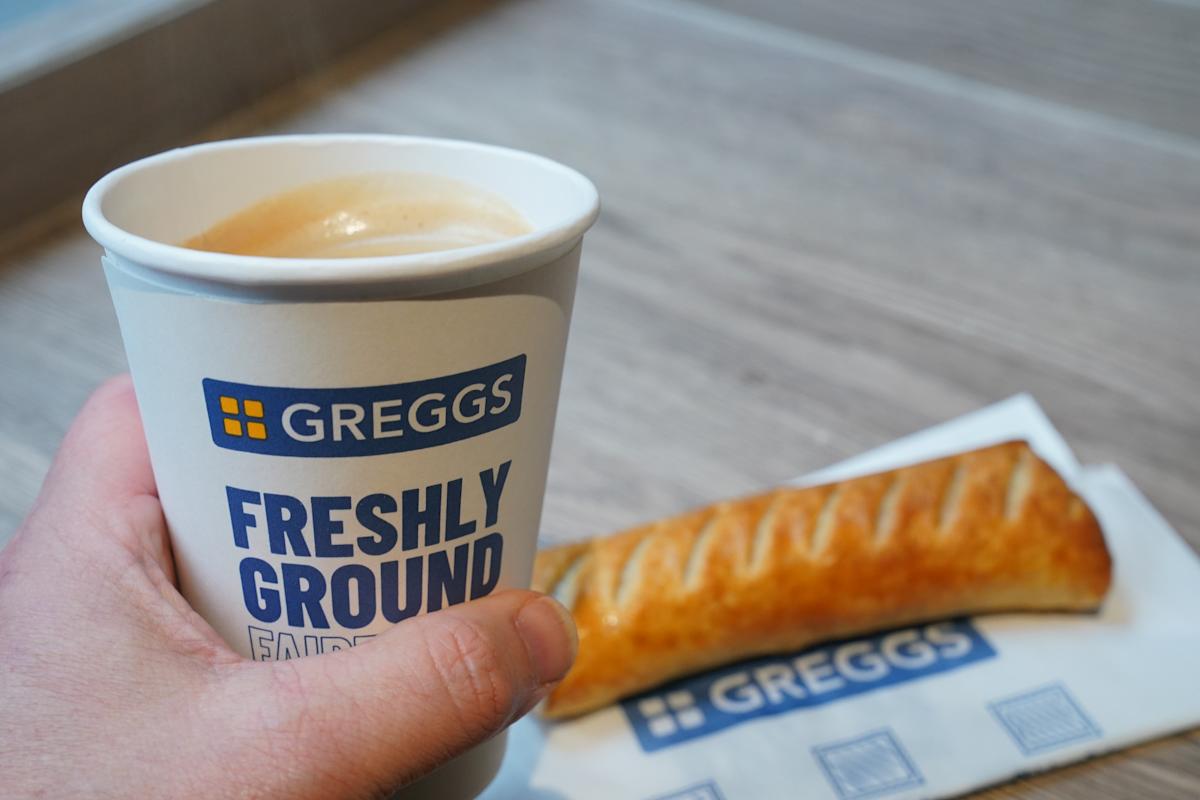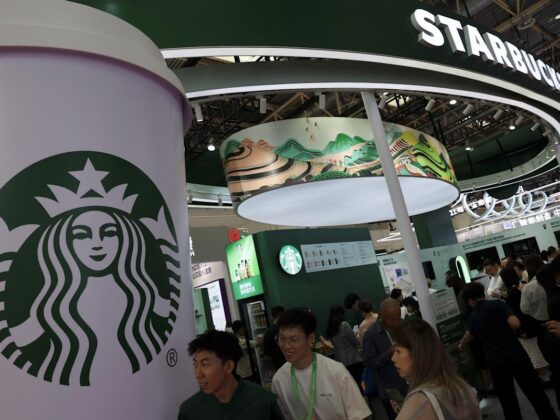Shares in the AI darling were trending in pre-market trading after finishing Monday’s session almost 2% higher as retail investors remain bullish on the stock.
The renewed optimism can be traced to growing expectations that the US may extend its trade truce with China by another 90 days. The original announcement has been a boon for Nvidia, whose fortunes have been closely tied to the evolving US-China trade relations.
Earlier this month, in a pivotal move, the Trump administration reversed an earlier decision by lifting a ban imposed in April and allowing Nvidia to resume sales of its H20 GPUs to China. This decision, combined with reports of rising demand for Nvidia’s AI chips, has provided support to the company’s stock price.
Amid increasing demand, Nvidia has reportedly placed an order for 300,000 H20 AI chips with Taiwan Semiconductor Manufacturing Company (TSM). This new order adds to Nvidia's existing inventory of between 600,000 and 700,000 chips.
Read more: FTSE 100 LIVE: Markets higher as attention turns to slew of earnings reports
Nvidia’s H20 chip, which was designed specifically for the Chinese market, complies with US export restrictions and is less powerful than its more advanced AI models such as the H100 or the Blackwell series.
Shares of Sarepta, a developer of gene therapies for rare diseases, jumped over 50% ahead of the US opening bell, after closing 16% higher on Monday, as the Food and Drug Administration (FDA) gave it the go-ahead to resume shipments of its key vaccine.
The company's stock had taken a hit last week after the death of an 8-year-old boy in Brazil. In response, Sarepta paused shipments of Elevidys for ambulatory Duchenne’s muscular dystrophy patients, allowing the FDA time to review safety data. However, after the FDA communicated its decision to lift the voluntary pause on shipments, Sarepta’s stock saw a sharp rebound in pre-market trading.
Jefferies analyst Andrew Tsai commented on the FDA’s decision, saying it “significantly improves Elevidys' sales outlook in the near term.” He added that “[Wall] Street will feel relieved about the situation.”
While the FDA’s decision allows shipments to resume for ambulatory patients, the agency has indicated that Sarepta will need to provide additional safety study data before Elevidys can be used for older, non-ambulatory patients. The FDA said in a statement it “will continue to work with the sponsor regarding non-ambulatory patients, which remains subject to a voluntary hold, following two deaths.”












